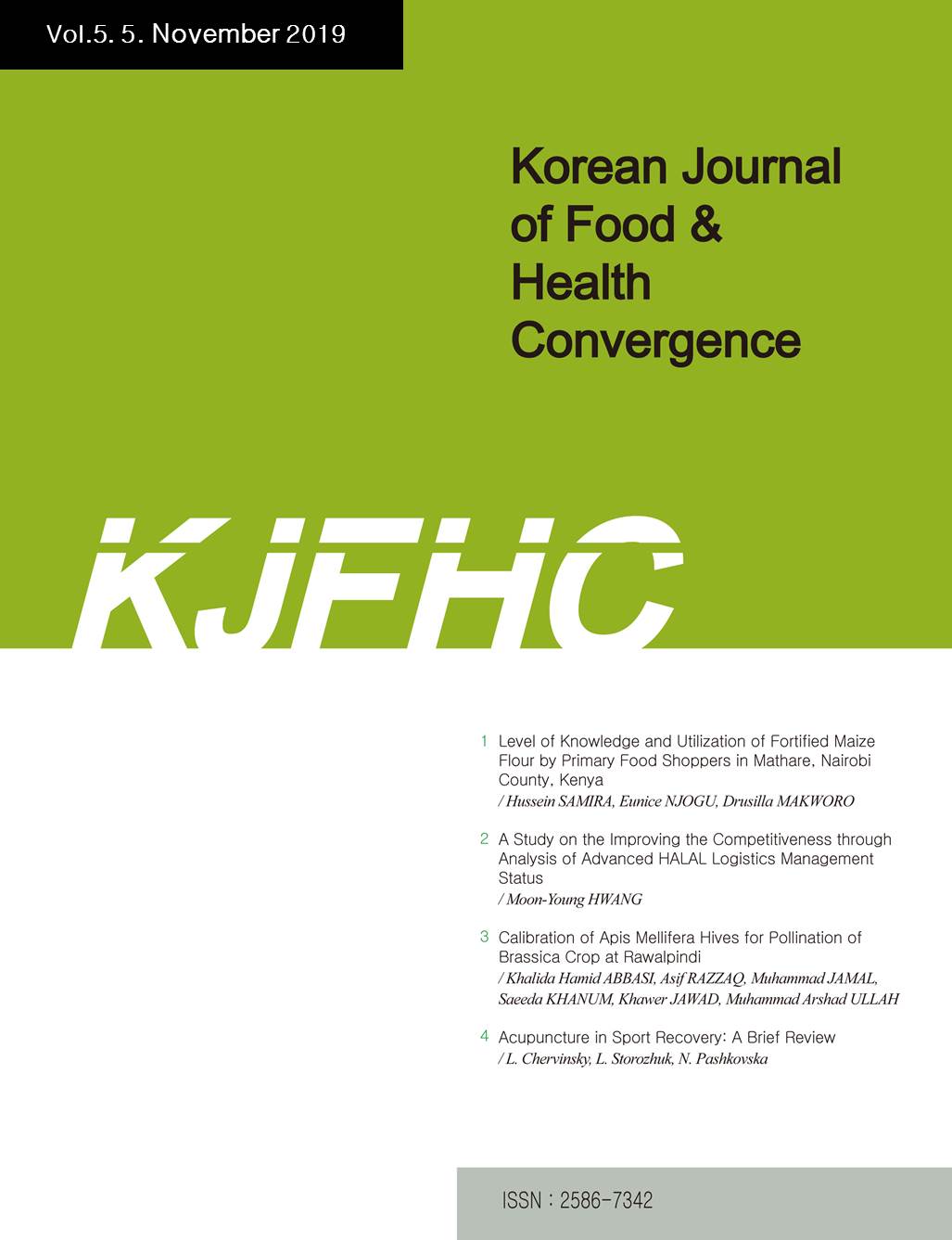 E-ISSN : 2586-7342
E-ISSN : 2586-7342
Rasheed, Muhammad
Hyder, Syed Ishtiaq
Abstract
Salinity with sodic condition disturbs germination, retards emergence, and slow down seedling development of Lemon Grass (Cymbopogon citratus).Lemongrass is a perennial grass plant widely distributed worldwide and most especially in tropical and subtropical countries. This research experiment was designed to evaluate the influences of (4 dSm<sup>-1</sup>+ 13.5 (mmol L<sup>-1</sup>)<sup>-1/2</sup>, 5 dSm<sup>-1</sup>+ 25 (mmol L<sup>-1</sup>)<sup>1/2</sup>, 5 dSm<sup>-1</sup>+ 30 (mmol L<sup>-1</sup>)<sup>1/2</sup>, 10 dSm<sup>-1</sup>+ 25 (mmol L<sup>-1</sup>)<sup>1/2</sup> and 10 dSm<sup>-1</sup>+ 30 (mmol L<sup>-1</sup>)<sup>1/2</sup>) on biomass produce of lemon grass against salt tolerance. The uppermost biomass yield (45.53 gpot<sup>-1</sup>) was produced by 4 dSm<sup>-1</sup>+ 13.5 (mmol L<sup>-1</sup>)<sup>1/2</sup> treatment. The increase in the intensity of salts reduced the growth of lemon grass. Lower biomass yield (79.33 gpot<sup>-1</sup>) was gained at 10 dSm<sup>-1</sup>+ 30 (mmol L<sup>-1</sup>)<sup>1/2</sup>. 5 dSm<sup>-1</sup>+ 25 (mmol L<sup>-1</sup>)<sup>1/2</sup> treatment performed enhanced outcome i.e. the least reduction % over control (5.87). Salinity- sodicity showed serious effect on the growth reduction from 5.87% to33.60%. This reduction gap was affected by the negative effect of salinity and sodicity on Linseed growth. Salinity- sodicity showed severe impact on the growth reduction from 5.87% to33.60%. Based on the findings, lemon Grass (Cymbopogon citratus).was capable to grow up the maximum at 4 dSm<sup>-1</sup>+ 13.5 (mmol L<sup>-1</sup>)<sup>1/2</sup> treatment.
- keywords
- Cymbopogon citratus, Saline- sodic, Medicinal value and biomass yield
- Downloaded
- Viewed
- 0KCI Citations
- 0WOS Citations
